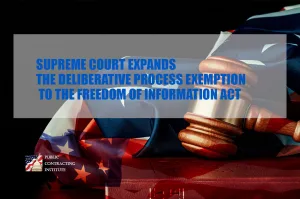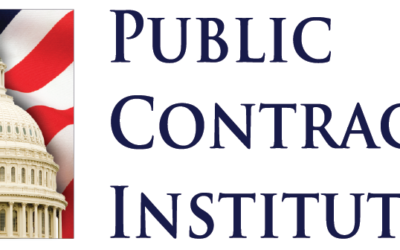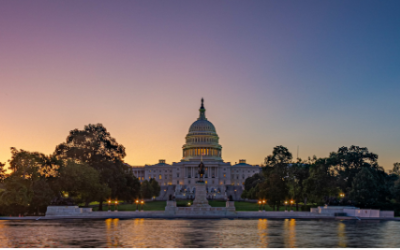The Supreme Court narrowed the category of documents that must be released in response to a Freedom of Information Act (“FOIA”) request. United States Fish and Wildlife Serv. V. Sierra Club, Inc., 141 S. Ct. 777 (2021). The Court held that FOIA’s deliberative process exemption protected an agency’s draft biological opinions, even if they reflected the agency’s last views on the effect that a rule was likely to have on certain endangered species. This opinion will make it easier for agencies to withhold FOIA-requested documents.

FOIA mandates the disclosure of documents in possession of a federal agency upon request, unless such documents fall within one of nine enumerated exemptions. 5 U.S.C § 552(b)(5). The fifth exemption, the deliberative process privilege, protects from disclosure advisory opinions and deliberations by which the government formulates decisions and policies. This privilege distinguishes between “predecisional” deliberative documents, which are exempt from disclosure, and documents reflecting a final agency decision and the reasons supporting it, which are not exempt.
In 2011, the Environmental Protection Agency (“EPA”) proposed a rule on cooling water structures, which could trap and kill fish under the Endangered Species Act. Prior to taking action that could negatively affect an endangered species an agency must consult with the Fish and Wildlife Service and National Marine Fisheries Services on whether this could threaten the species. Both agencies were required to provide the EPA, on request, with a “draft biological opinion” regarding the cooling water structures, but neither draft was shared with the EPA. However, the two agencies commented on a later draft rule. Sierra Club sought the draft biological opinions, but were denied access under FOIA Exemption 5, the deliberative process privilege. Sierra Club appealed and the Supreme Court upheld the agency’s denials.
The Court said that the deliberative process privilege protects the draft biological opinions here because they reflected a preliminary view—not a final decision (i.e. were “predecisional”). They were opinions that were subject to change. The Court noted that the documents sought had “died on the vine” and were not final—they were just last and died on the vine.
Sierra Club argued that this ruling would permit agencies to stamp every document “draft” and thereby protect even final agency decisions and thereby create “secret law.” But the Court rejected that, stating that the purposes of the deliberate process privilege is a functional rather than formal inquiry. “If the evidence establishes than an agency has hidden a functionally final decision in draft form, the deliberate process privilege will not apply.”
Takeaway. This decision will make it harder to obtain documents if an agency asserts that Exemption 5 applies. And the standard described here (drafts, even if they reflect an agency’s last view) will make it harder to obtain release of those documents.
For other helpful suggestions on government contracting, visit:
Richard D. Lieberman’s FAR Consulting & Training at https://www.richarddlieberman.com/, and Mistakes in Government Contracting at https://richarddlieberman.wixsite.com/mistakes.



